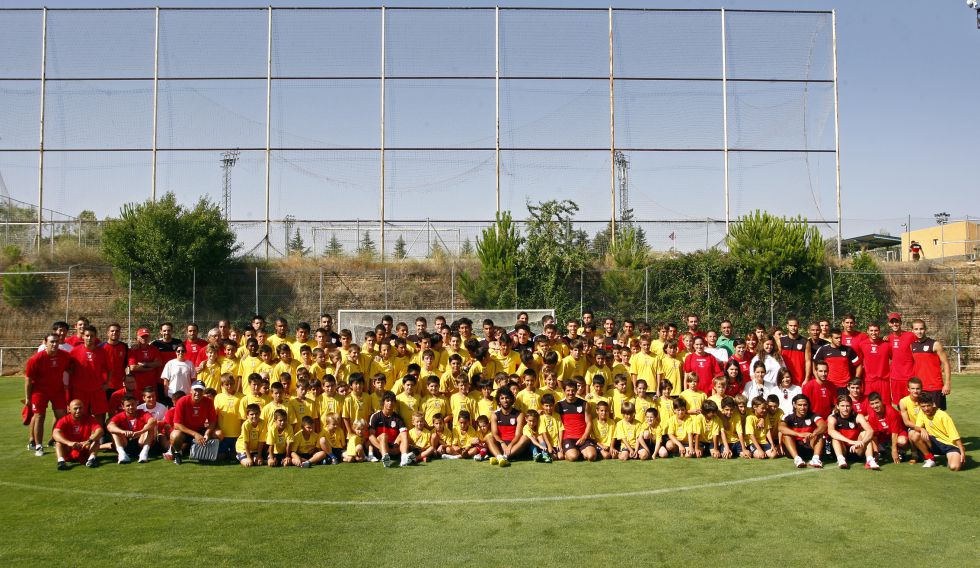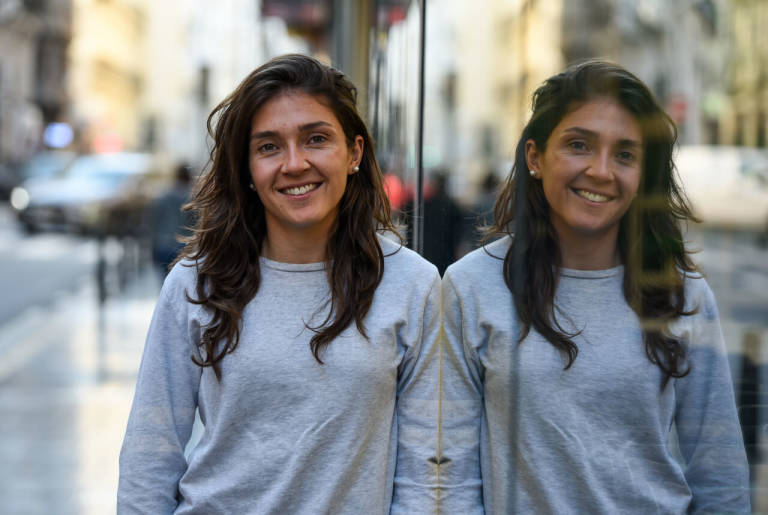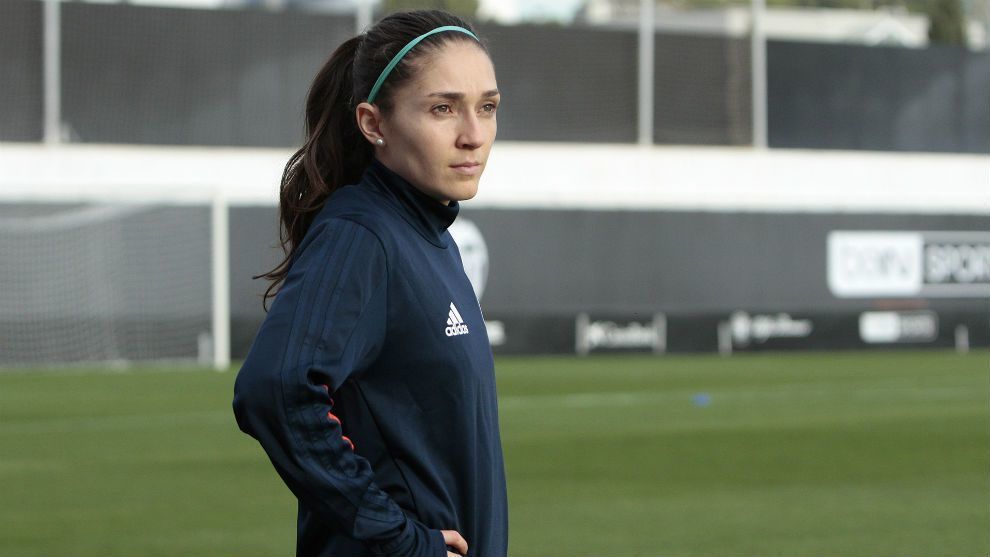Atlético will put in place entrance exams for soccer players between the ages of 16 and 24 who are interested in shaping their academic and sporting future at an elite university in the United States. Players can come from any sports organisation. The club and the Foundation have provided the Cerro del Espino facilities for the tests, which are being carried out by the Sports Unlimited group and will be attended by technicians from Northwestern Ohio (Ohio), Lindenwood (St. Louis) and Thomas (Georgia).
Spanish soccer and the successes of the National Team are in fashion across the world and even more so in the United States, where the soccer standard is lower, but where the infrastructure of the NCAA (main university league) and NAIA (secondary) overshadow many of the professional leagues in Europe. For this reason, the Sports Unlimited group and its partner MBF have been in charge of taking a formula already tested in South American countries to Spain. Tens of millions of euros are invested in these leagues every year, but the players don’t see a cent of that (salaries are banned until they reach professional level), which means that investment is noticeable in stadiums and other luxuries.
The scholarships awarded will last for between three and four years (depending on the degree chosen) and will include anywhere from 100% to 70% of total costs. In the United States, university is one of the things that generates the most cost for citizens and being able to access them for free (or almost for free) is now a luxury seen as something that can’t be turned down.
On this occasion, it’s estimated that up to 12 players from the ones who attend the two days of testing in Majadahonda (four for each of the three universities present) could receive a full scholarship and, if the level is very high among the candidates, some additional partial scholarships might even be offered. Once the players who have most impressed the American coaches have been chosen, that’s when the real work begins for Sports Unlimited and its partners. Over three or four months is when the most complicated bureaucratic procedures are carried out: student visa, university registration and residence options plus other issues.
The group’s website lists the following conditions for being eligible for the scholarship: be studying the final years of high school or at university, have an acceptable level of English and be passionate about soccer. To take the pressure off and show that there’s nothing but benefit to be gained from this experience, the website also says that “in the event of not becoming a successful soccer player in the US, you’ll get a university degree at a reduced cost and be able to speak English as a second language”. The Atlético Foundation, as a sponsor partner, will not contribute financially to the scholarships, but it has held discussions to study the possibility of offering this opportunity in underdeveloped countries. As an enthusiastic supporter of the project, it has also provided its facilities.
To take part in the next selection process at the Atlético de Madrid sports complex, anyone interested can register at www.su-scholarships.com or follow the Twitter account @SUscholarship.




